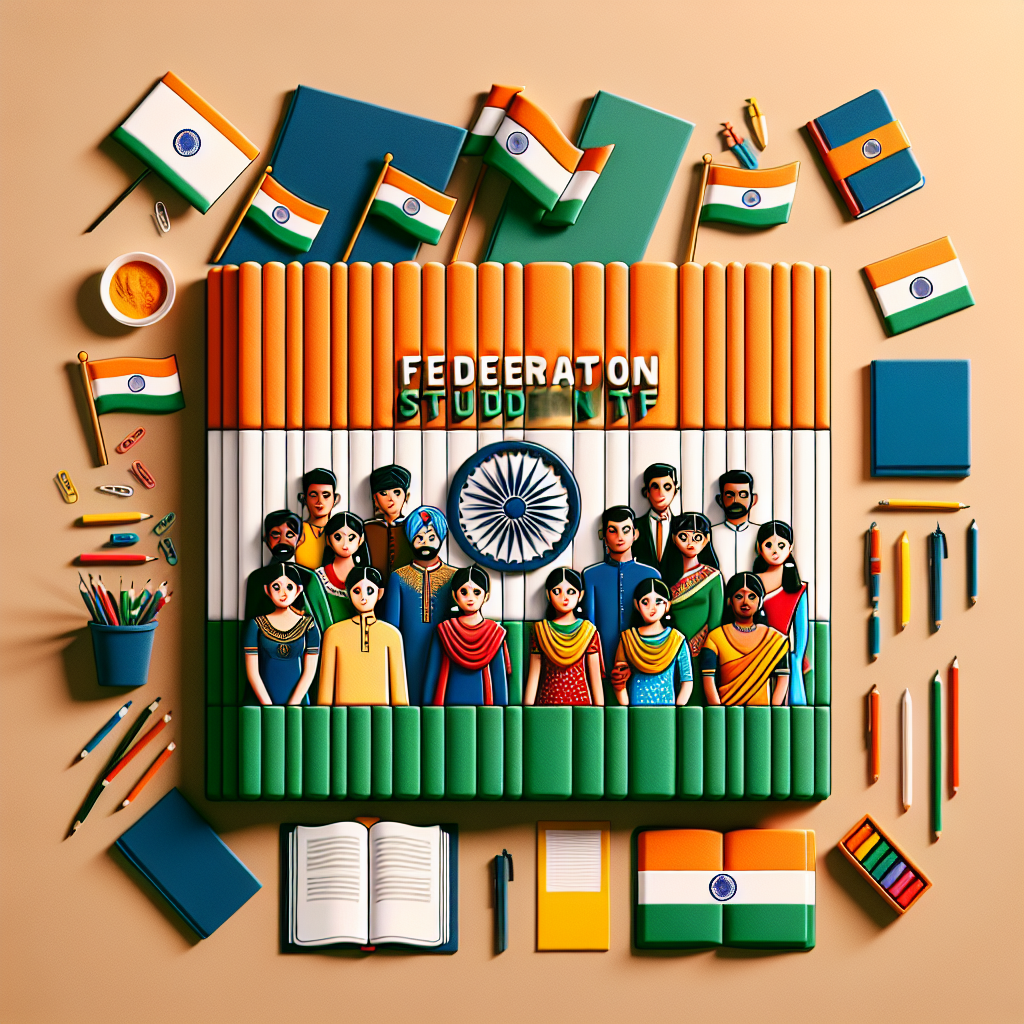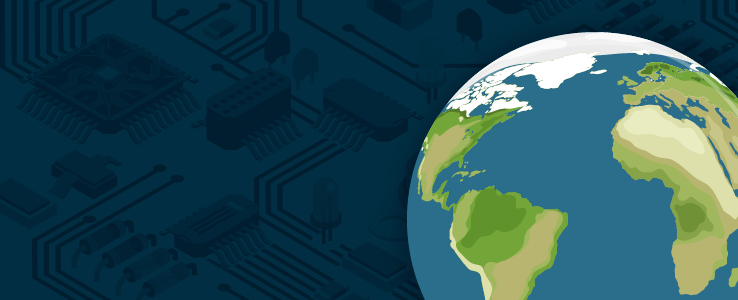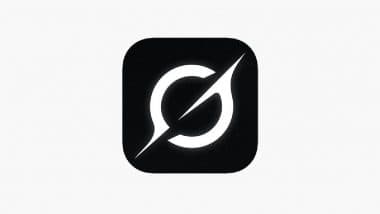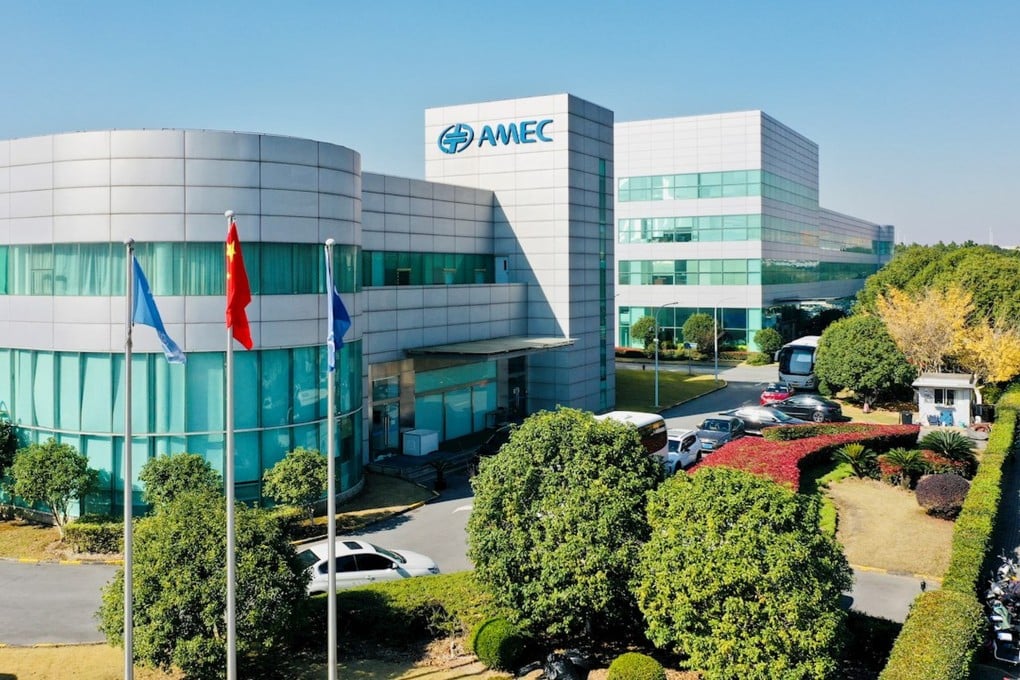Hayao Miyazaki is Japan's best-known animation film director. He was born on January 5, 1941, in Tokyo, Japan. Hayao has contributed to the global popularity of anime with his narrative, visuals, and depth of theme.
Hayao co-founded Studio Ghibli and also directed some award-winning films such as My Neighbor Totoro, Spirited Away, and Princess Mononoke. His movies have received worldwide critical acclaim and several awards, one of which was an Honorary Academy Award. During a career spanning more than half a century, he has influenced countless other animators and filmmakers, and he is now a legend in the world of animation.

Early Life and Education Hayao Miyazaki was born into a family deeply involved in aviation; his father managed Miyazaki Airplane, a company that produced parts for Zero fighter planes during World War II. This early exposure to aviation significantly influenced his artistic vision. Miyazaki developed a passion for drawing at a young age, inspired by post-war manga and animated films.
He studied economics at Gakushūin University and graduated in 1963. Despite his academic background, his love for animation led him to join Tōei Animation as an entry-level animator. There, he met Isao Takahata, who would become a key collaborator, marking the beginning of his legendary career.
Professional Career Hayao began his career in 1963 as an animator at Tōei Animation, where his talent quickly stood out. After working at various studios, he directed Lupin III: The Castle of Cagliostro (1979), showcasing his unique storytelling style. His breakthrough came with Nausicaä of the Valley of the Wind (1984), which led to the founding of Studio Ghibli in 1985.
He directed masterpieces like My Neighbor Totoro (1988), Princess Mononoke (1997), and Spirited Away (2001), which won an Academy Award. His work blends fantasy, environmental themes, and human emotion, earning him global recognition as a master animator. Business Intervention in AI: Hayao Miyazaki, the co-founder of Studio Ghibli, has not begun any projects involving artificial intelligence and is firmly opposed to its use in animation.
He views AI-generated art as an "insult to life itself," arguing that it lacks the emotional depth found in human-created work. Miyazaki has ethical concerns about AI imitating Studio Ghibli’s style, expressing worries about its potential negative impact on artists' livelihoods and copyright issues. He deeply values human experience in art, often citing a disabled friend to illustrate the emotional nuances that AI cannot replicate.
Although Studio Ghibli has utilized CGI in its productions, Miyazaki refuses to incorporate AI into his work. His position reflects a commitment to preserving traditional animation and protecting human creativity from technological encroachment. Financial and Business Achievement: Hayao’s estimated net worth in 2025 is around $50 million.
As the co-founder of Studio Ghibli, he has created over 25 animated films, many of which have become Japan’s highest-grossing movies. Spirited Away (2001) earned $275 million worldwide. Studio Ghibli generates significant revenue from merchandise, DVD sales, and streaming rights.
Despite competition from Disney, it remains a dominant force in animation. While AI-generated "Ghibli-style" art trends, Miyazaki opposes AI, valuing traditional animation’s emotional depth. Hayao Miyazaki built more than just an animation studio, he created a legacy.
As the co-founder of Studio Ghibli, he turned hand-drawn animation into a global phenomenon. His film Spirited Away (2001) made history, earning $275 million worldwide and winning an Oscar. Unlike other studios, Ghibli thrives not just on films but also through merchandise, theme parks, and streaming deals.
Despite growing AI trends , Hayao stays true to traditional animation, believing real art comes from human hands. His success isn’t just about money, it’s about creating timeless stories that continue to inspire generations. Controversies: AI-generated art in the style of Ghibli has sparked controversy, reigniting criticism.
Fans are debating issues of creativity, copyright, and ethics, while critics argue that AI undermines true artistry. As a result, legal and ethical concerns are intensifying discussions. AI Art Controversy: Hayao Miyazaki fiercely criticised AI-generated animation, calling it "an insult to life itself.
" After witnessing a lifeless AI-created movement, he argued that true art requires human emotion. His reaction sparked debate over AI’s role in creative industries. Ethical and Copyright Concerns: AI models , such as OpenAI’s GPT-4o, allow users to create artwork mimicking Ghibli’s signature style.
This raises questions about whether AI is unfairly benefiting from copyrighted materials and whether human artists deserve compensation for AI-generated works inspired by their styles. Threat to Human Artists and Creativity: Hayao, known for his hand-drawn animation, believes AI art lacks the emotional depth, effort, and experience that human artists bring. Many fear that AI could replace traditional animators, leading to job losses in the industry.
Miyazaki’s 2016 Critique of AI Animation: In Never-Ending Man: Hayao Miyazaki , he viewed an AI-generated animation of a writhing zombie. He criticised it as dehumanising, stating that its creators had "no understanding of pain whatsoever" and that such technology was ethically troubling. Viral AI Trend and Public Backlash: The AI-generated Ghibli-style images went viral on social media, even being shared by the White House.
However, this sparked widespread criticism, with many questioning whether AI should be allowed to imitate iconic artistic styles without the creators’ consent..
















